The Seattle Times
By Joseph O'Sullivan
On the legislative session’s first day Monday, the GOP-controlled Senate voted along party lines to require a two-thirds majority in that chamber to approve any new taxes.
The rule change was supported by 26 senators over the protests of Senate Democrats, who called the supermajority requirement an unconstitutional move that could complicate budget decisions.
But Sen. Michael Baumgartner, R-Spokane, said it would spur lawmakers to make government more efficient.
“This is not holding hostage the work of the Senate to a few members of the Senate,” said Baumgartner. “What this is, it’s a mechanism that will help us concentrate on government reform.”
The rule change, filed by Senate Majority Leader Mark Schoesler, R-Ritzville, would require a two-thirds vote of the Senate before any bill that creates a new tax could advance to the chamber floor for a final vote.
Existing taxes, like the sales or gas tax, could still be raised with a simple majority, said Sen. Joe Fain, R-Covington.
The higher bar for tax votes would apply to two new revenue streams proposed by Gov. Jay Inslee: a capital-gains tax and a cap-and-trade plan aimed at carbon polluters.
A supermajority wouldn’t be needed for tax legislation that contains a referendum clause requiring a vote of the public to become law.
Rep. Reuven Carlyle, D-Seattle, said the Senate’s decision is at odds with the Republicans’ talk of bipartisanship and fully funding education.
“The capital-gains tax is an example of a thoughtful and reflective dialogue,” said Carlyle, Finance Committee chair. “And to categorically, aggressively and fiercely say that they are uninterested in an intellectual conversation is a disappointment.”
The move comes as lawmakers grapple with how or whether to cover new costs, some mandated by courts and voters, as they write the 2015-17 budget.
Legislators will have to come up with at least $750 million for K-12 education funding required by the state Supreme Court’s McCleary decision. And unless lawmakers find a two-thirds majority in both chambers to suspend Initiative 1351, they’ll have to spend $2 billion to fund the measure to reduce K-12 class sizes that voters approved in November.
There are also higher costs for fighting wildfires, an expensive new hepatitis C drug the state must pay for under Medicaid coverage, and a need for more funding of mental-health programs.
The cost of giving state employees pay raises for the first time in six years has been revised downward, according to the state Office of Financial Management (OFM). But approving those contracts would still cost an additional $440 million, OFM said.
Republicans insist that some of those costs are unnecessary and that others can be funded by finding savings in existing programs. Democrats, who hold the majority in the House, contend the shortfall runs into the billions and that new tax revenue is needed to fund everything that needs to get done.
During the discussion over the rules, Sen. David Frockt, D-Seattle, unsuccessfully put forward an amendment requiring the rule change itself to be approved with a two-thirds majority vote.
“I feel very strongly this is a bad precedent we are setting,” said Frockt. He and others argued that the change violates the state constitution.
In 2013, the Washington Supreme Court struck down a voter-approved initiative requiring a legislative supermajority for tax hikes.
But Baumgartner said that doesn’t apply to Senate rules.
“It’s very clear in the constitution … that the Senate makes its own rules,” he said. “So the Supreme Court can make their rules in their chamber and we make our rules here.”
Rep. Ross Hunter, a Democrat and chair of the House Appropriations Committee, said the new rule would have no impact on the House.
“It will have zero effect on my writing of the budget,” said Hunter. “I’m not interested in their internal procedural stuff. We’re going to do a budget that we think represents what the people of the state of Washington want.”
If all the Senate Republicans were against increasing tax revenue, then they wouldn’t need the new rule, Hunter said.
The change, then, is “a way for their right wing to control their moderates,” he said.

